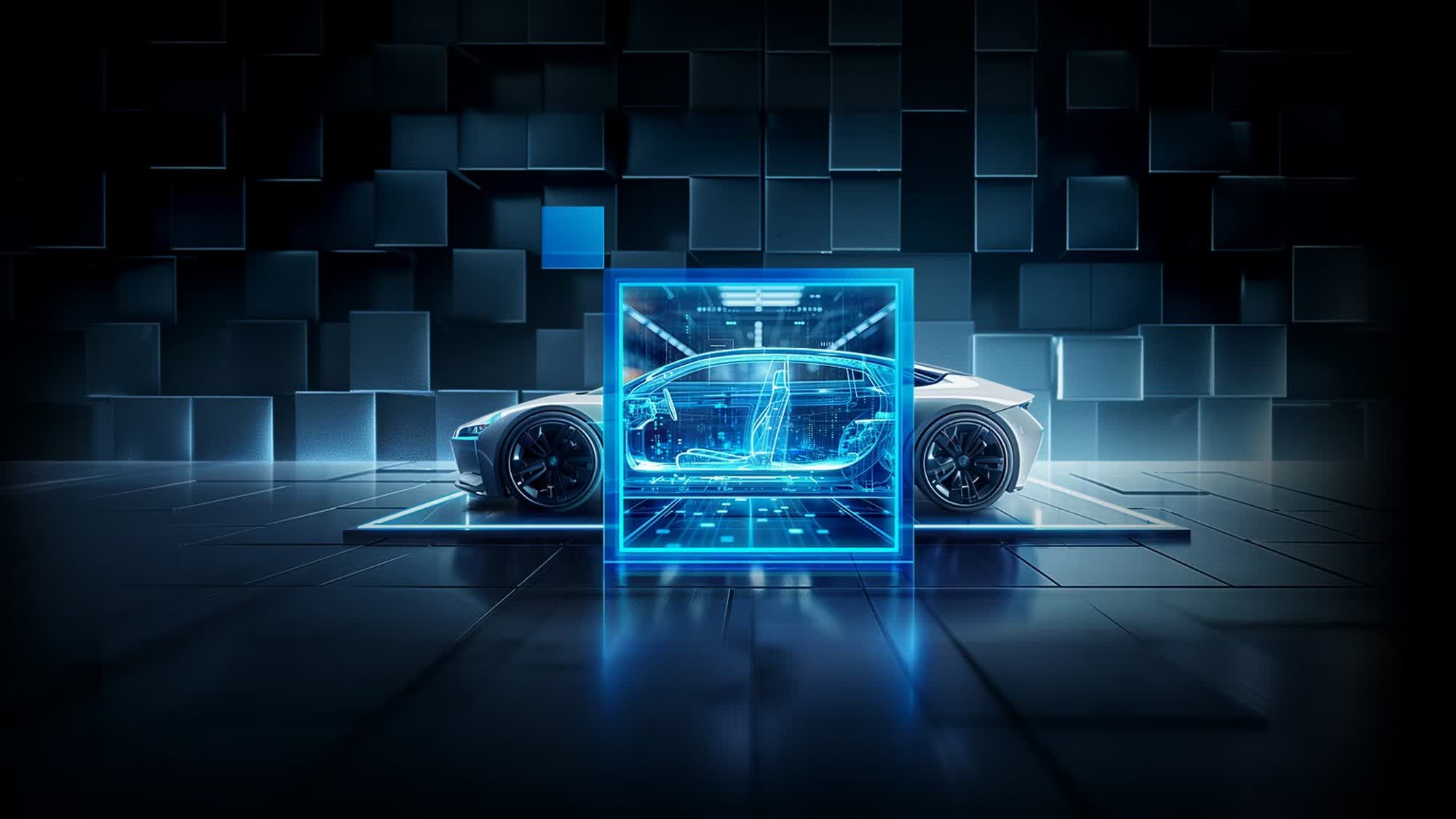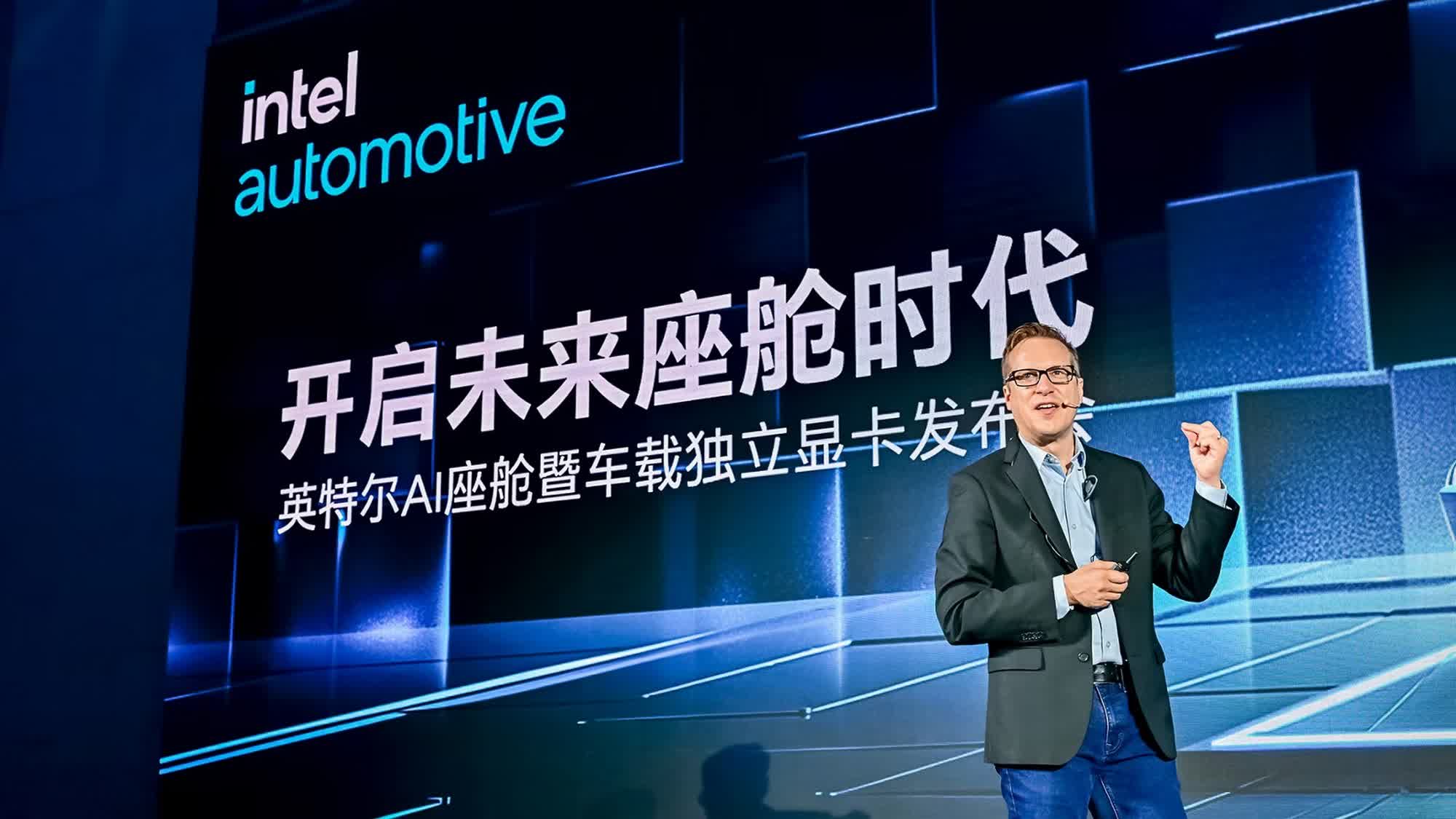What just happened? Intel has launched its first-ever discrete graphics processor designed for autonomous and intelligent vehicles, capitalizing on the growing demand for artificial intelligence in the automotive industry. Based on Intel's Arc Alchemist architecture, the discrete GPU is a variant of the ACM-G10 Xe-HPG chip and carries a 225W Total Board Power (TBP) rating. Named the A760A, the new graphics hardware features 28 Xe-Cores, 28 ray tracing units, and up to 448 XMX/Vector Engines.

It operates at a 1,963 MHz boost clock, offers up to 14 teraflops of single-precision FP32 performance, and delivers up to 229 TOPS of AI processing power. Other notable hardware features include 16GB of 256-bit memory and a PCIe 4.0×16 interface.

The A760A is reported to offer up to a 40 percent performance boost in several key applications, including virtual machines, security, and isolation. It is also capable of powering next-generation in-vehicle experiences, such as voice, camera, and gesture recognition, which the company believes can transform vehicles into "immersive mobile hubs."
As part of Intel's plans to enhance in-vehicle experiences for drivers, the new chip will be capable of running AAA games and AI-driven PC applications simultaneously. It will also support AI voice assistants powered by large language models, and improve the user interface of automotive infotainment systems with 3D rendering and support for up to six cameras.

According to Intel, its Software Defined Vehicle SoCs will allow automakers to leverage a single platform across multiple vehicle models, each with various trims. While entry-level and mid-level models will be able to utilize the SoC, higher-end variants could benefit from additional premium features, thanks to the extra processing power of the discrete Arc GPU.
The new GPU will be commercially deployed in vehicles in China from early 2025, heralding a new era of "AI-driven cockpit experiences and enhanced personalization" for drivers and automakers alike. The company also stated that going forward, its strategy is to "bring the power of AI into devices of every size and shape."
Intel did not confirm which vehicles will be the first to use the new GPU, but the press release indicated that China was selected as the launch market due to its "rapid electric vehicle development cycles and advanced technological adoption," which facilitate testing new technologies before broader global deployment.